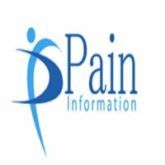717 Results found
Videos
Advances in Imaging for Diagnosis of Spinal Chronic Pain
Autonomic Interventions for the Non Pain Indications
Combined SCS and DRG Stimulation
WIP Guidelines
The DRG as a Pain Generator and what to do about it
Cervical Epidural Injections
Stellate and T2 3 Sympathetic Block
E-CAP Controlled Closed Loop SCS
1737 Results found
Videos
Elimination of Extended-Release Opioids Can Improve Outcomes After TKR
Apr 12, 2024 4:34 pm1737 Results found
Videos
Moving pain management programmes into the digital age: development and evaluation of an online PMP for people with chronic pain
Apr 12, 2024 4:32 pmThe Utility of an Epidural Steroid Injection for the Treatment of Idiopathic Brachial Neuritis
Apr 12, 2024 4:31 pmErector Spinae Plane Block
Apr 12, 2024 4:29 pmExercise effect on pain is associated with negative and positive affective components: A large-scale internet-based cross-sectional study in Japan
Apr 12, 2024 4:28 pmA New Prescription for Pain: AI and Mindfulness
Apr 12, 2024 4:26 pmObesity linked to increased musculoskeletal pain in school-age girls
Apr 12, 2024 4:24 pmFrom Capsaicin to Classifications: 30 of the Most-Cited Papers on Pain
Mar 5, 2024 10:43 amIncreasing Diversity in Clinical Trials May Improve Treatment of LBP
Mar 5, 2024 10:41 am1737 Results found
Videos
Type 2 diabetes may impact vertebral discs, cause low back pain
Mar 5, 2024 10:40 amRevolutionising Pain Management With AI Pete
Mar 5, 2024 10:38 am170 Results found
Podcasts

Acute Myeloid Leukemia, Part II
Aches and Gains246 Results found
Podcasts

Four Quick Tax Items To Check On Your 1040 w. Evgeni Ivanov
Anesthesia Success24 Results found
Podcasts

A Discussion on Tolerance, Dependency, and PTSD with Joseph Cabaret, MD and Kenneth Carle, MD
ASIPP Podcast182 Results found
Podcasts
32 Results found
Podcasts

S2E7: Interview Series w/ Dr. Samuel Shem (aka Stephen Bergman) author of House of God and Mans 5th Best Hospital
ReGenMed101304 Results found
Podcasts
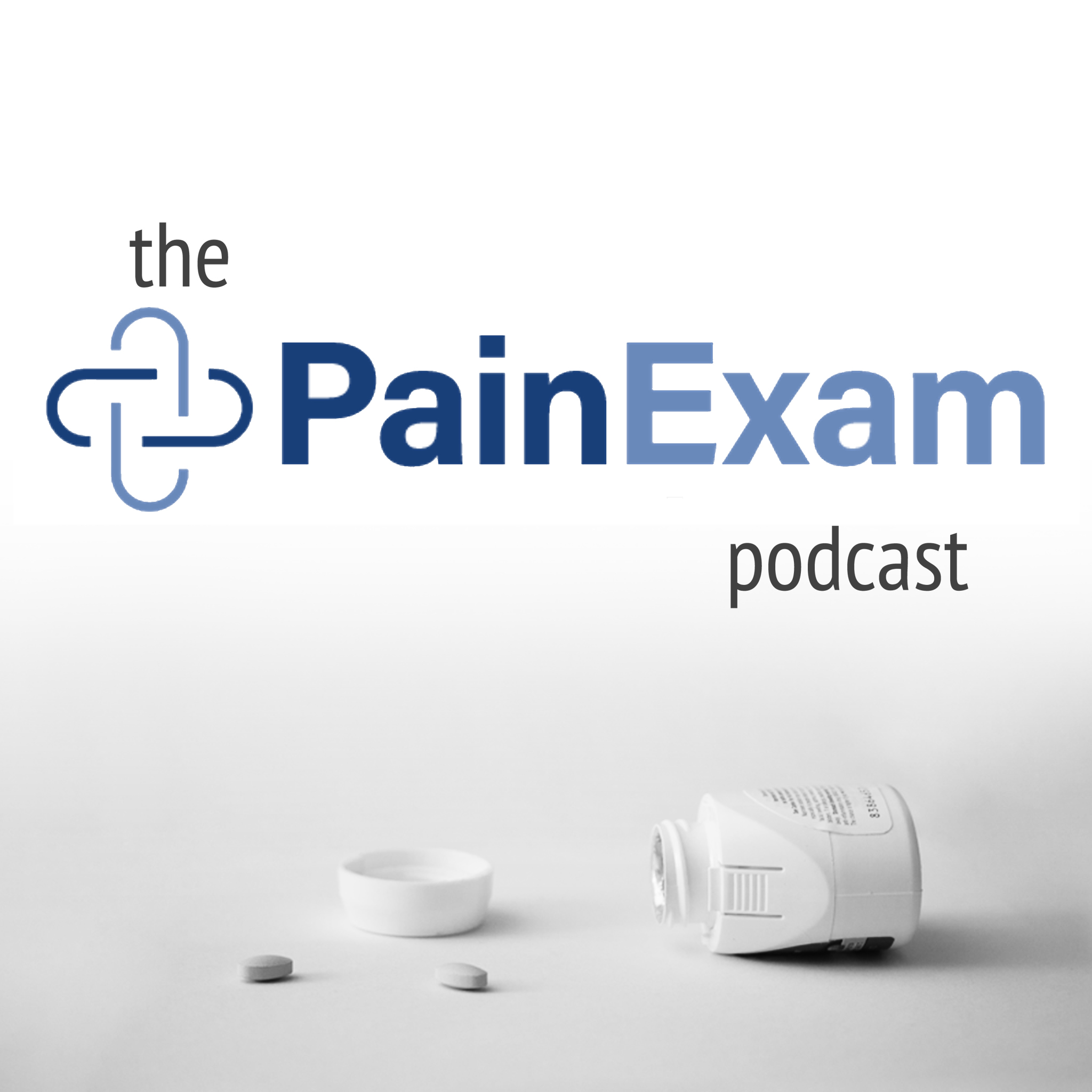
Chronic Pain after Shoulder Joint Replacement: RFA Revisited
The Pain Exam Podcast6 Results found
Podcasts
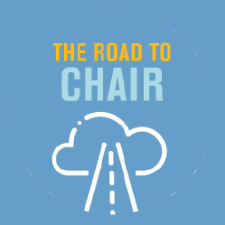
The Road to Chair: Interview with Joel Press, MD
The Road to Chair-
- Topics
- Latest Comments
-
What difference in outcome is expected when using hypertonic saline for lysis?
replied April 13, 2021 at 9:29 pm
 3
3
22991 Results found
Articles
Numerical Investigation of Layered Homogeneous Skull Model for Simulations of Transcranial Focused Ultrasound
Journal:
NeuromodulationPublished:
May 3, 2024A Low-Intensity Transcranial Focused Ultrasound Parameter Exploration Study of the Ventral Capsule/Ventral Striatum
Journal:
NeuromodulationPublished:
May 3, 2024Investigating the causal association between systemic lupus erythematosus and migraine using Mendelian randomization analysis
Published:
May 3, 2024Virtual dynamic interaction games reveal impaired multisensory integration in women with migraine
Published:
May 3, 2024The impact of the migraine treatment onabotulinumtoxinA on inflammatory and pain responses: Insights from an animal model
Published:
May 3, 2024Events
Our Partners

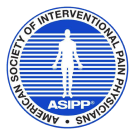


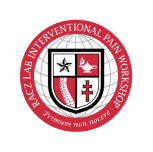

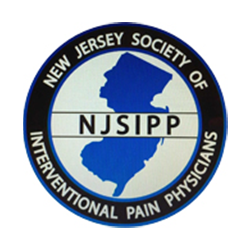
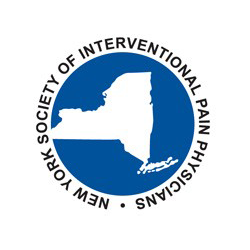
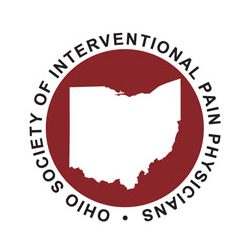
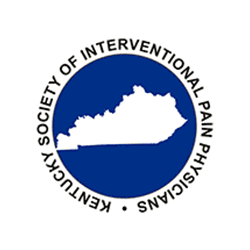


Our Sponsors












